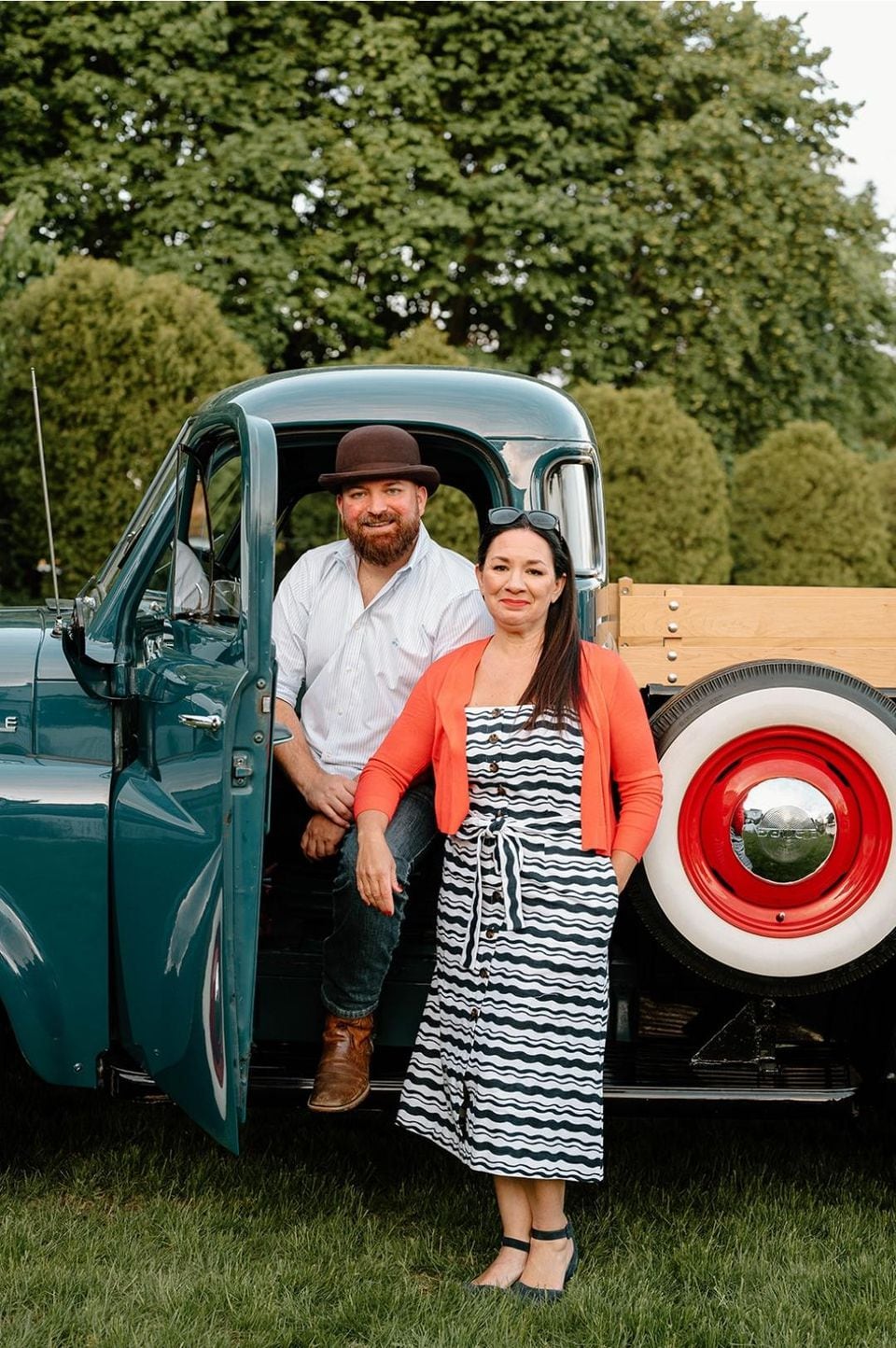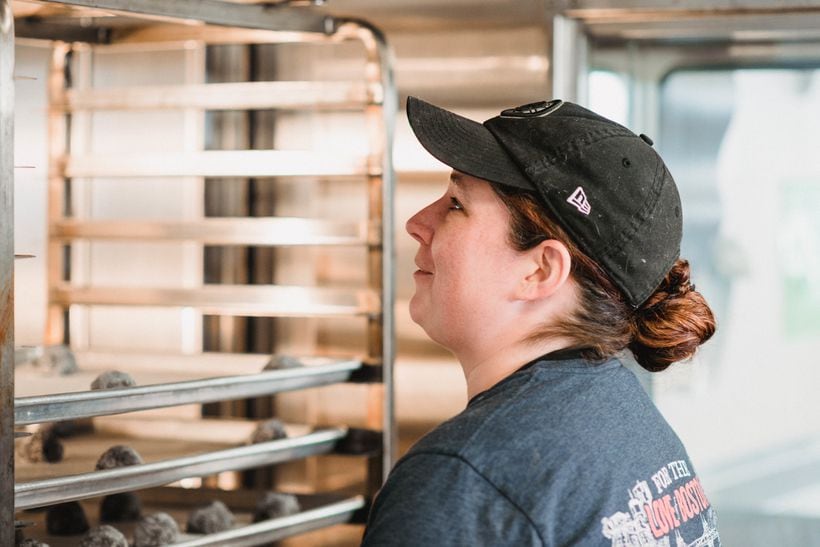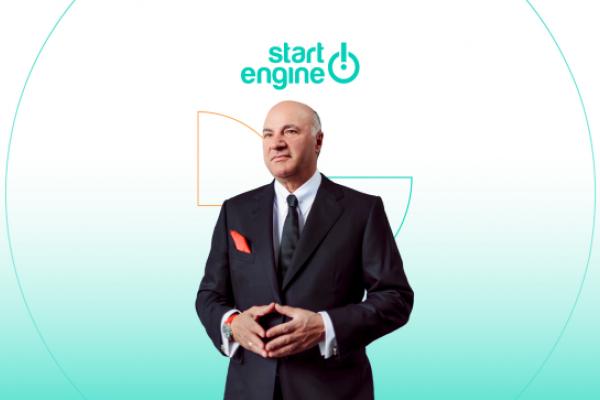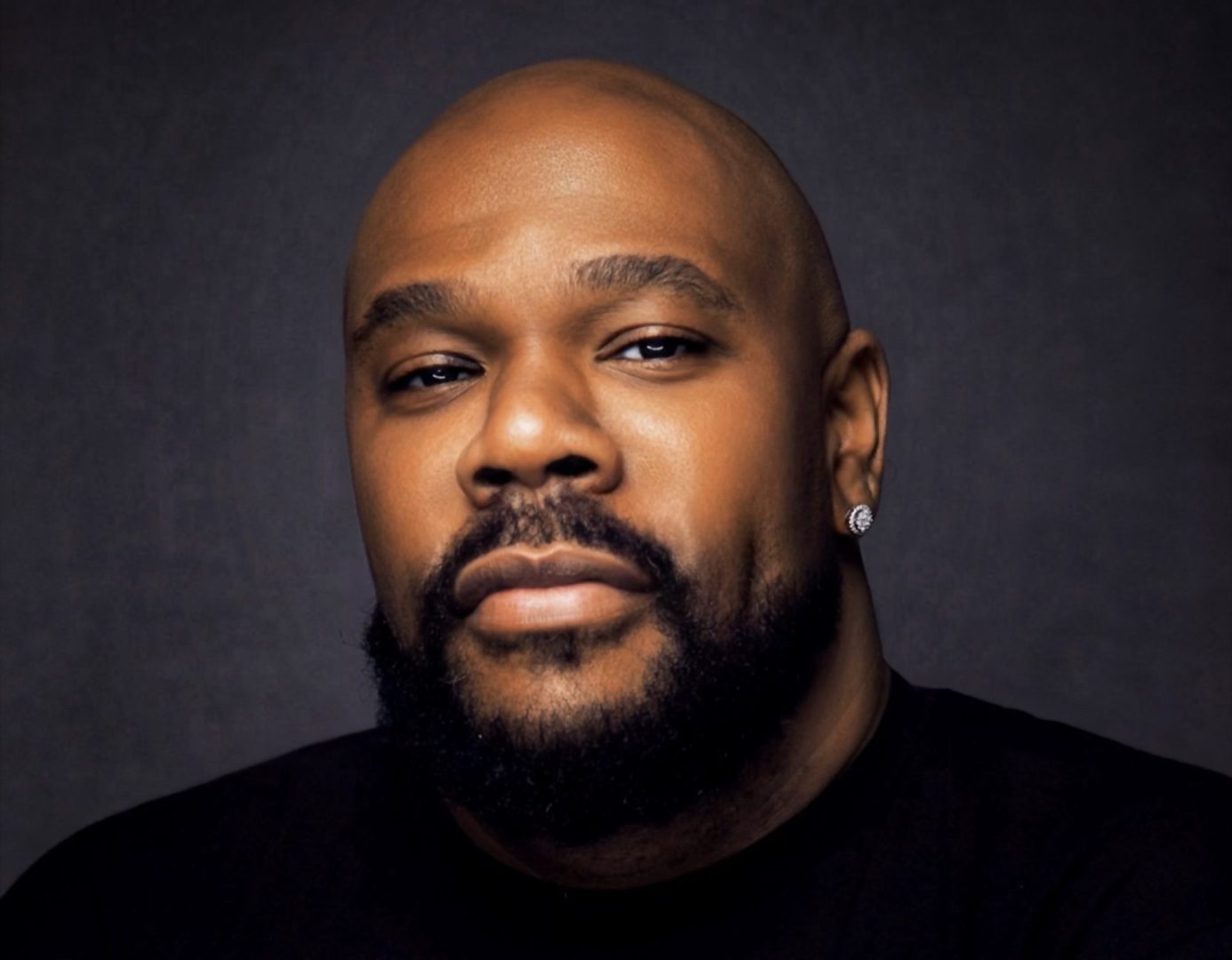In the six years since it was founded, Salem-based Mainvest has helped entrepreneurs raise $38 million to open establishments such as a microbrewery in Provincetown, a cookie shop in Dorchester, and a cannabis dispensary on Newbury Street.
But now Mainvest, a so-called equity crowdfunding site that allowed regular people to buy a stake in fledgling businesses, says it will shut its doors in June. One factor was the April bankruptcy of a financial intermediary upon which Mainvest relied, San Francisco-based Synapse. Another was Mainvest’s inability to raise additional funding back in 2022.
Founder and CEO Nick Matthews says his primary focus now is trying to recover $2.4 million in investor commitments made on his site that have been inaccessible since Synapse froze withdrawals on May 11th.
Mainvest was one of a cohort of startups that formed around 2016, when the US Securities and Exchange Commission relaxed the rules that previously limited investing in young companies to “accredited investors” with more than $1 million of net worth, sometimes called “angel investors.” After that, companies that had difficulty raising money from traditional sources — or who wanted to allow early customers and supporters to own a stake — began using sites like Mainvest, StartEngine, Wefunder, and Boston-based Netcapital. (Two of the best-known crowdfunding sites, Kickstarter and Indiegogo, largely focus on letting customers pre-purchase products or support creative projects, rather than buying equity.)
Matthews says that Mainvest helped more than 100 companies in Massachusetts raise capital, including Nightshade Noodle Bar in Lynn, the Boston restaurant mini-chain Mike and Patty’s, and Drawing Board Brewing Company in Florence. In 2020, a former employee of the Allston rock club Great Scott raised $346,000 to try to save the club, or reopen it in a new location; that hasn’t yet happened.
Roughly 45 percent of the companies that raised money on Mainvest were based in New England, Matthews says. Once a company reached its funding objective on the site, Mainvest would take a 6 percent cut of the total before distributing the proceeds to the entrepreneur.
Heather Higgins Yunger relied on the site to raise $130,000 for her Dorchester bakery, Top Shelf Cookies, which opened in 2021. “We wouldn’t have our storefront without it,” Yunger says. “Trying to expand in the middle of a pandemic — for us, there was no other option.” Yunger says the bakery previously operated out of a shared kitchen; today it employs four people.
Mainvest itself raised $3 million from investors in 2019, and eventually grew to 18 employees. But in 2022, when funding for startups dried up and it was unable to attract additional capital, “we downsized the company, and made some personal investments,” Matthews says. The company cut jobs, and by the middle of last year it was down to five employees.
2023 “was a year of really focusing on profitability,” Matthews says. “We got incredibly close, and unfortunately, if this Synapse thing hadn’t happened, we’d be continuing to operate the business right now.”
Synapse, based in San Francisco, was a startup that facilitated the transfer of money between companies like Mainvest and banks where the money was kept. Matthews believes that $2.4 million of investors’ money is being kept at two banks, both insured by the Federal Deposit Insurance Corporation. But it’s not yet clear how those funds will be treated as part of Synapse’s bankruptcy process.
Isabel Strobing, director of marketing and communications at Mainvest, says, “We expect that funds will be released separately from bankruptcy dealings, but we’ll know more once we’re able to get clarity from the banks and [the bankruptcy] trustee.”
One of the people with money trapped at Mainvest is Maria Tilkens, who with her son Alexander built a fleet of “mobile bars” that serve champagne and cocktails at parties, called Bubble Bar Boston. Earlier this spring, she raised nearly $40,000 on Mainvest to help open a brick-and-mortar Bubble Bar in Amesbury. But when she went to transfer the funds into her own bank account earlier this month, she found they were not accessible.

Even as her funding campaign began, Tilkens says, “We felt Nick knew that the writing was on the wall. Shame on me for not doing more due diligence on the back end of what was occurring. But when we started this raise just over two-and-a-half months ago, he should’ve said there was a problem.” (Mainvest disputes that it was aware of an issue earlier this year: “As with many other platforms, [we] were operating with assurances from Synapse of the long-term viability of their operations,” Strobing says in an email.)
Now, Tilkens says she’s getting email from investors “who want to pull their investments. We don’t have the money, so I am not sure how to respond.” And she is committed to a three-year lease for a location on Main Street in Amesbury. “We’re doing most of the work ourselves, rather than hiring people,” she says. “And I’m going to have to use my personal credit cards to finish buying things, because the money is not there.”
Even as Mainvest prepares to wind down in June, other equity crowdfunding sites say they have been growing. Boston-based Netcapital has helped companies raise $65 million, and plans to expand into handling “larger and later-stage financings” by applying for a broker-dealer registration with the Financial Industry Regulatory Authority, says founder Jason Frishman.
Nick Tommarello says that the equity crowdfunding industry is still in its “pre-takeoff phase,” where the regulatory infrastructure is now in place, and the costs of doing the required filings is reasonable. Tommarello cofounded Wefunder in Cambridge in 2012, and the startup began lobbying elected officials to change regulations. It moved to San Francisco in 2013. Wefunder now employs 40, and has helped startups raise roughly $750 million — including Substack, the email newsletter publishing platform. (Neither Netcapital nor Wefunder relied on Synapse to help manage their relationships with banks.)
“The narrative that we would like to make conventional wisdom,” Tommarello says, is that even if your company can raise money from top-notch venture capital firms, allowing individual investors to participate alongside them should be standard operating procedure. “But it will take a long time — or at least a few more years.”
Mainvest would agree with that. “I still have an immense amount of belief in the core model, and the impact it has,” says Matthews. “When you have communities underwriting the businesses they want to see in their community, it gives you a better success rate for those businesses.”
Scott Kirsner can be reached at kirsner@pobox.com. Follow him @ScottKirsner.



